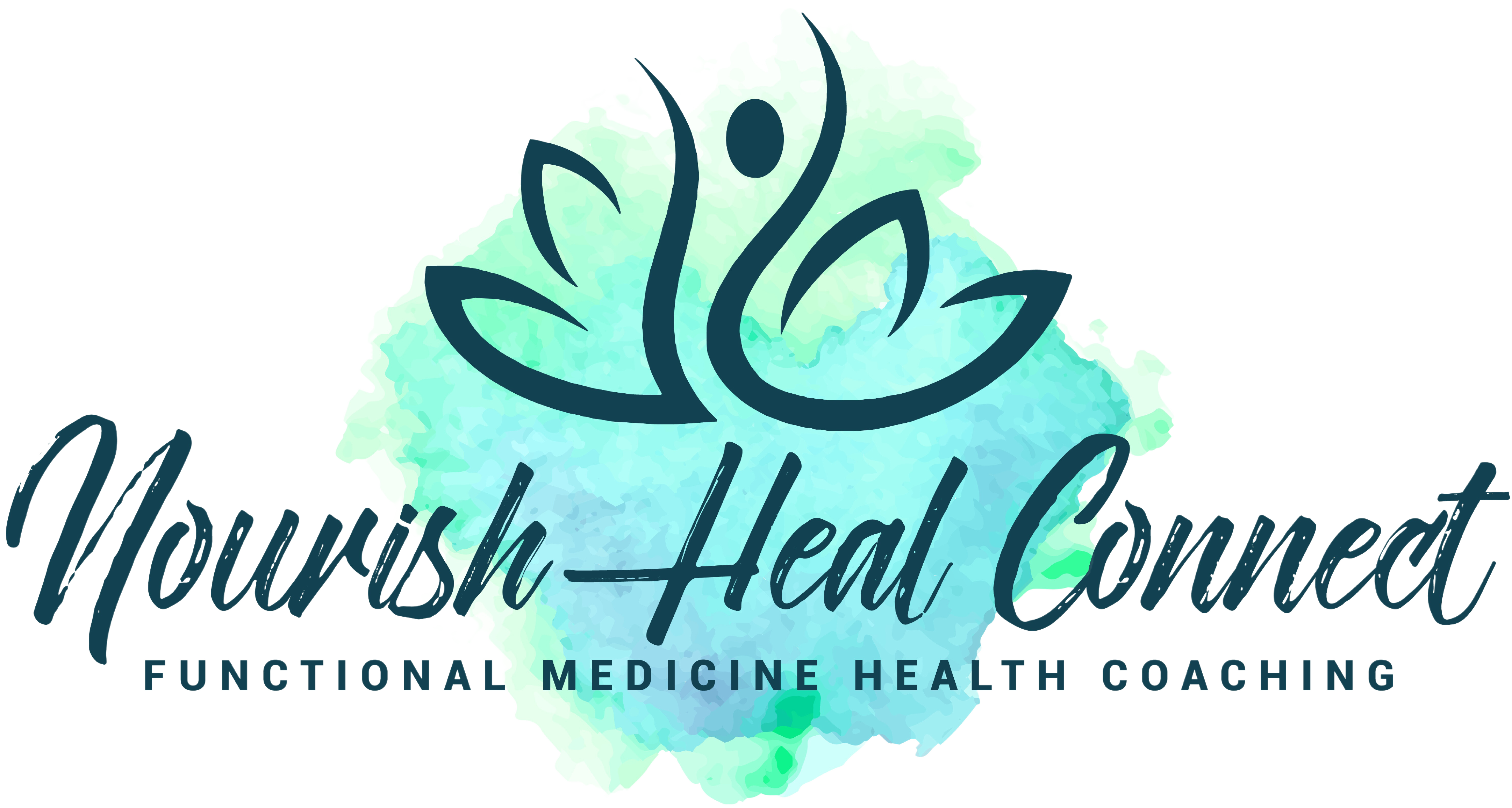Why are autoimmune diseases on the rise? Here are 3 reasons why
Autoimmune disease starts with dis-ease in our immune system.
This shows up in many different ways as irritations or minor symptoms such as headaches, indigestion, skin rashes, bloating, lack of energy, and fatigue. As the disease progresses, the symptoms become progressively worse and more intense. Our immune system produces more and more antibodies which may or may not result in any major symptoms in the beginning
Most people get a diagnosis usually only after there is already damage at both a cellular and tissue level.

In the case of autoimmune diseases, in particular, there is a specific loss of tolerance to self.
The immune system is unable to distinguish its own tissues and a real threat like microbes and toxins. It does have a number of inbuilt mechanisms that helps it to differentiate between host and foreign tissue.
The perfect storm behind chronic autoimmune activation
There is a combination of three factors that lead to chronic autoimmune activation called the “perfect storm”
These are-
- Enhanced intestinal permeability aka leaky gut
- Genetic factors
- A weak or imbalanced immune system
PLUS a trigger.
Sometimes the trigger is a specific ongoing infection, a specific food or a highly stressful or traumatic phase in life. Underneath, there is a weak and imbalanced immune system that allows this chronic autoimmune activation. In this sense, autoimmune diseases are actually a dis-ease of the immune system.
I have written in detail about how your gut health is linked to your immune health in an earlier post.
As you see now, there are only a few root causes for chronic autoimmune activation.
There are more than 80 autoimmune diseases that fall into the same category. These diseases are actually similar in many ways since their underlying mechanisms are not all that different.
Also, it’s not possible for us to figure out which organ or part of the body is being affected. The diseases have completely different names which make it hard to realise this.
So while Graves and Hashimotos affect the thyroid gland, Lupus is a systemic disease, Multiple Sclerosis affects the brain and spinal cord and Psoriasis affects the skin.
Interestingly enough, autoimmune diseases affect women disproportionately more than men. If you would like to delve deeper into autoimmune diseases, then check out my free guide.

A chronic mismatch
There is a chronic, evolutionary mismatch between the lifestyle that we lead and the life experiences that we want to have.
This means that the environment that we are asking our body to live in (whether intentionally or not), is often filled with toxins, nutrient poor foods and high levels of stress. However, the life experience that we are looking for is on where we have high energy levels, be able to reproduce easily, grow, thrive and enjoy life.
We are constantly exposing our bodies to inflammatory triggers like
- high sugar, processed, nutrient poor foods
- environmental toxins
- high stress levels
- poor quality of sleep
What has helped our species to survive over millions of years is now working against us. The thing is, our bodies will prioritise survival over everything else. We often live in an environment that seems constantly threatening to our immune system. As a result, our bodies are living mostly in a “chronic survival mode”.
Being in survival mode activates an immune response and is life saving in dangerous situations.
However, it becomes counterproductive and even harmful for us in the long run.

The three main reasons at the root of chronic autoimmune activation
The three main reasins which are at the root of ALL chronic illnesses including autoimmune diseases are-
FOOD
TOXINS
STRESS
This creates a vicious cycle of interconnectedness.
First, nutrient poor food reduces the level of nutrients available for an already activated and alarmed immune system. This is because a lot of foods can look like a toxin particularly if they are filled with artificial colours, additives, and flavouring.
Second, toxins use up a lot of nutrients in order to manage their metabolism. Toxins also can be a source of physiological stress as the body recognizes them as foreign. Toxins impact energy production at a cellular level by damaging the mitochondria within our cells (where energy is produced).
Third, stress also impairs digestion and reduces our ability to absorb nutrients from food. It also depletes those nutrients themselves by ramping up the body’s need to metabolize stress hormones. And finally, chronic stress impairs detoxification and our immune function
All of these factors challenge our immune systems’ ability to function smoothly. It also makes it hard to differentiate between friend and foe, and remain appropriately tolerant at most times.
The primary role of your immune system
This is important because our immune system’s primary responsibility is to assess the threat and not respond 99% of the time. Healthy immunity is actually about tolerating the vast majority of what we encounter in our environment.
As a result, our immune system becomes overwrought and overworked due to these constant inflammatory triggers. Our immune system becomes dysregulated over time depending on what our day-to-day choices are. A highly dysregulated immune system over time becomes hypervigilant. It is unable to switch off its immune response often leading to chronic autoimmune activation.
Your responsibility is to play your part in creating an environment that lets your immune system know that the world is a safe place.
“AUTOIMMUNE DISEASE 101”
A carefully curated and comprehensive collection of carefully selected books, podcasts, websites, blogs, and other resources from the field of Functional Medicine with a focus on autoimmune diseases

If have been looking to get ANSWERS to questions like
-Why do I have this disease?
-Will I get any better?
-Can anyone help me? Nothing is working
-Is there any hope for me to get my life back?
-I am still waiting for a diagnosis, which direction do I need to move towards?
then this GUIDE would a game changer for you!
“Autoimmune Disease 101” is a carefully curated and comprehensive collection of carefully selected books, podcasts, websites, blogs, and other resources from the field of Functional Medicine with a focus on autoimmune diseases.
The Functional Medicine model of care for chronic diseases seeks to answer the question “Why do you have this disease” so that you can get personalised and effective care for your unique condition.
